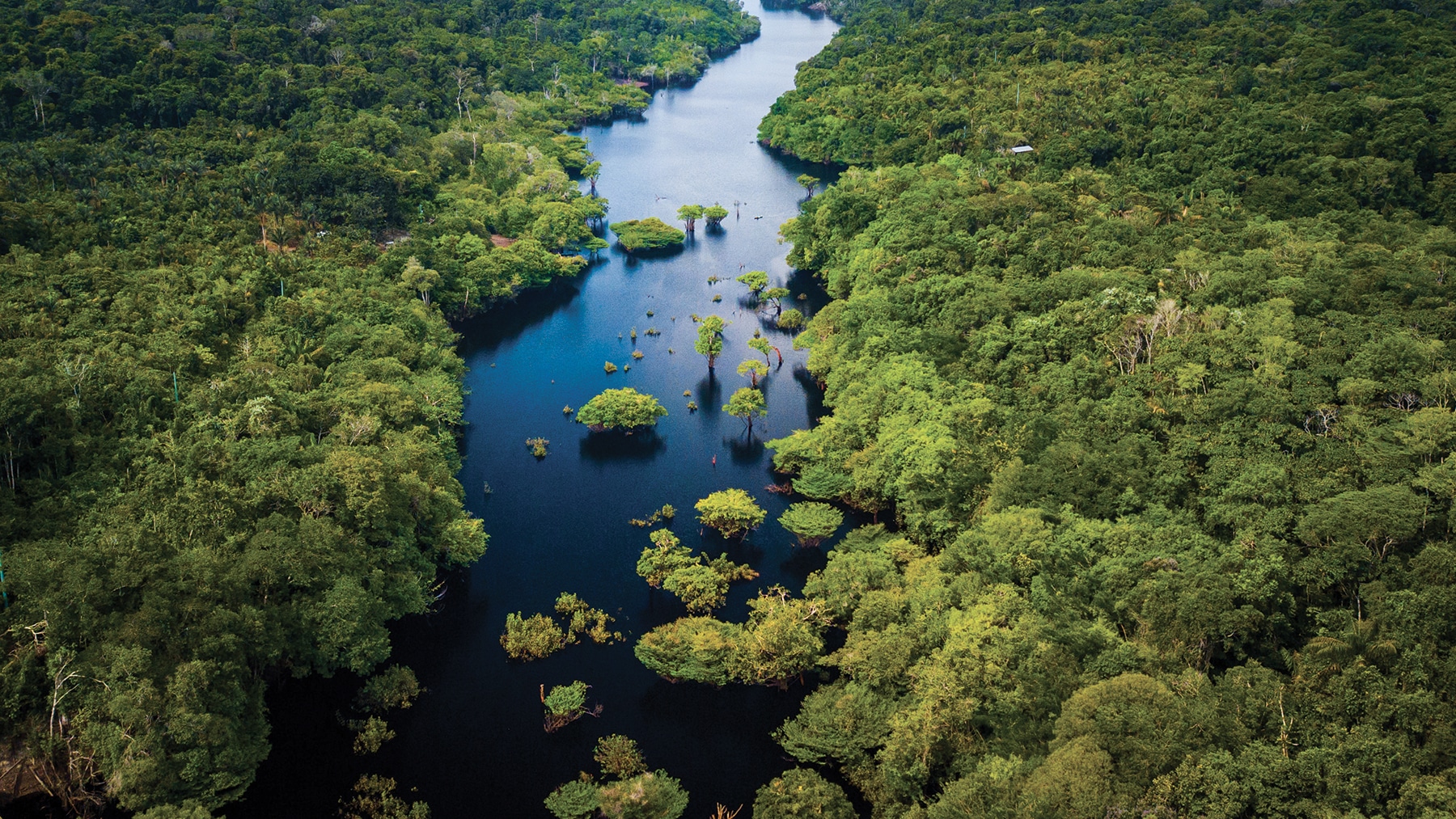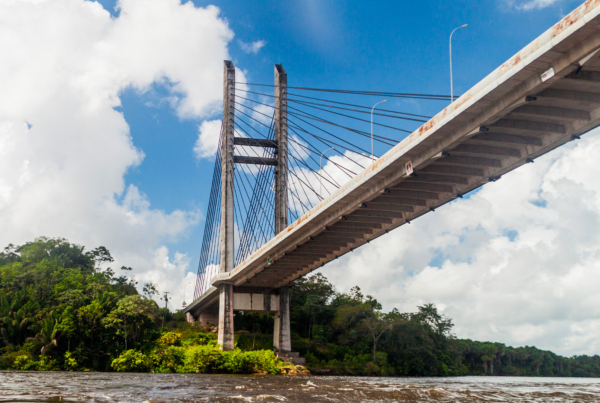
On Thursday 16 November, at the first annual AIBSI (Amazonian Institute for Biodiversity and Sustainable Innovation) Day, the University of French Guiana will be welcoming the region's research bodies and institutional partners to review the progress of the AIBSI project in 2023 and define the strategic directions for 2024. The meeting will take place from 9am to 4.30pm in the boardroom of the General Administration building.
L his event follows the awarding in January 2023 by the French National Research Agency, via its "ExcellencES" programme, of a EUR 14 million grant to the University of French Guiana, with the aim of making it a key player in the biodiversity and sustainable innovation sectors in Amazonia - and at the same time, a showcase for scientific excellence in France and Europe.
The Annual Conference will begin with a round-table discussion between representatives of the members of the AIBSI consortium.
This will be followed by an official signing ceremony for the AIBSI partnership agreements between the University of French Guiana, the Collectivité Territoriale de Guyane (CTG), Guyane Développement Innovation (GDI), the Centre National d'Etudes Spatiales (CNES) and the Centre National de la Recherche Scientifique (CNRS), IFREMER, AGROPARISTECH, Institut National pour la Recherche Agronomique (INRAE), Centre de coopération internationale en recherche agronomique pour le développement (CIRAD), Institut de Recherche pour le Développement (IRD) and Institut Pasteur.
These agreements will consolidate AIBSI's reputation for scientific excellence and transdisciplinarity, creating synergies between research, training and the socio-economic sectors in order to make French Guiana a key player in sustainable innovation.
The progress report will assess the progress made in implementing the project since the ANR funds were allocated. In addition to the creation of a scientific chair on the "impact of climate change on biodiversity", 13 research projects have benefited from AIBSI funding on topics as varied as energy efficiency in the Amazonian environment, the design of innovative cupuaçu and cocoa-based products in French Guiana, social diversity and biodiversity in fishing on the Guiana Shield, and epidemiological surveillance using innovative technologies such as environmental DNA metabarcoding and artificial intelligence. As of this year, two doctoral students will also benefit from three-year doctoral grants funded by the AIBSI project.
Other initiatives are also underway, such as support for strengthening the teaching capacity of the Civil Engineering and Sustainable Construction master's degree in partnership with the CNAM.
For 2024, the players will be discussing new priorities such as the development of internship and mobility programmes for Masters and PhD students, AIBSI's internationalisation strategy with its neighbours in the sub-region (Brazil, Surinam, Guyana) and the creation of a Comm'On Lab to strengthen the link between science and society.




